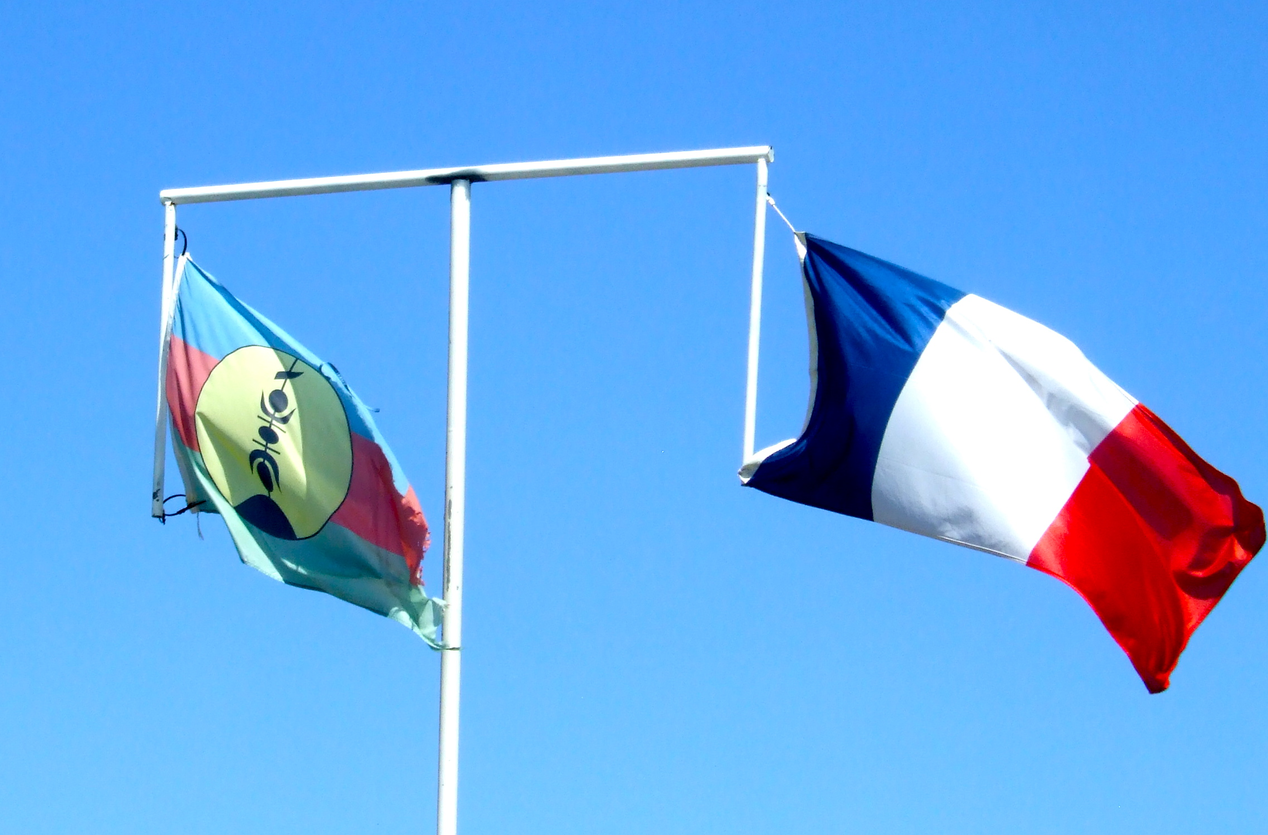By Farman Aydin | AzerNEWS
When French President Emmanuel Macron announced that a
“historic” agreement had been reached with New Caledonia,
describing it as a compromise between sovereignty and unity, it was
easy to read the headlines as a win for diplomacy. Paris hailed the
deal as a milestone, one that retains the island territory within
the French Republic, while granting it the new label of “The State
of New Caledonia.” But scratch beneath the surface, and what
emerges is not so much a path forward as a carefully packaged
detour, one that leaves fundamental questions about decolonization
unresolved.
At its heart, the agreement attempts to thread a near-impossible
needle: to create a new constitutional status for New Caledonia
that satisfies both pro-independence Kanak leaders and loyalist
politicians who insist on continued integration with France. The
proposed framework, still lacking full ratification, states that
New Caledonia will remain part of France but preserve its right to
self-determination. That phrase, “right to self-determination”, has
been at the core of the island’s tumultuous political journey for
decades. And it is also the key reason this deal remains
precariously balanced.
It’s no secret that Macron is navigating a political minefield.
The riots that erupted in Nouméa earlier this year, sparked by
contested electoral reforms, exposed the raw tensions that still
define French overseas governance. The presence of the president
himself at the negotiating table is unprecedented and deserves
recognition, but it also underscores the crisis of legitimacy
France faces in the Pacific.
For Macron, this agreement may be a lifeline. For New
Caledonians, it is a tightrope walk.
Critics from both sides of the political divide, both those
demanding full independence and those committed to French unity,
have called the agreement ambiguous and fragile. That critique is
well-founded. A name change from “territory” to “state” does little
to address the underlying grievances of the Kanak population, who
for generations have viewed French rule not as partnership, but as
colonial domination. At the same time, loyalists fear that the
agreement opens the door to a slow-motion secession, threatening
the French Republic’s cohesion.
Beyond its domestic reverberations, the New Caledonia deal
carries significant international weight. The island’s status has
long been scrutinized by the United Nations’ Special Committee on
Decolonization. In recent years, a broader coalition of countries,
including Azerbaijan and its Baku Initiative Group, has pushed for
global accountability on lingering colonial arrangements. Their
activism has brought international legitimacy to voices in New
Caledonia that had long been marginalized.
Indeed, Macron’s shift, from detachment to personal involvement,
appears not only to have been driven by local unrest, but also by
growing international scrutiny. The result is a text that tries to
satisfy everyone and ends up convincing no one.
Still, there is one undeniable breakthrough: this deal breaks
with France’s long-standing constitutional orthodoxy. For decades,
French officials have treated the Constitution as untouchable,
sacrosanct in its centralized vision of the Republic. But New
Caledonia’s “unique status” has shattered that illusion. If a new
constitutional framework can be built for one territory, others —
like Corsica — will almost certainly demand the same. That is not
just a constitutional matter; it is an identity crisis for a
country still grappling with the remnants of empire.
The political evolution of New Caledonia may set a precedent,
but whether it is a positive one remains to be seen. Much will
depend on how the agreement is implemented — and whether it leads
to real empowerment or simply symbolic appeasement. If the people
of New Caledonia are granted a genuine choice in determining their
future, then the deal may mark a step toward justice. But if
“Statehood” becomes merely another word for continued dependency,
the disappointment will be deep — and potentially
destabilizing.
France’s colonial legacy in the Pacific is far from over. This
“historic” deal might be the beginning of a new chapter, but it
must not become a new version of the same old story.
